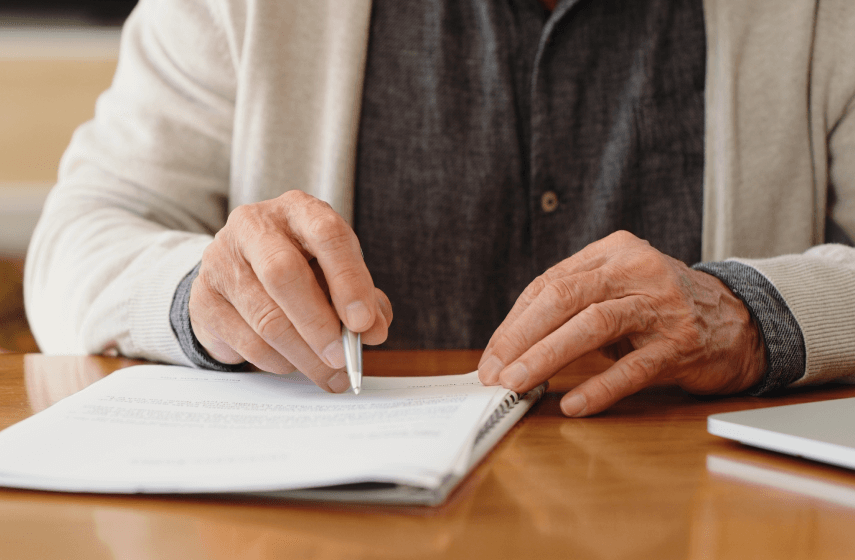Fulfilling your annual tax obligations can cause a few headaches when numbers are not your strong point.
Not only can it prove difficult when it comes time to work out what you need to supply and when, it can also be challenging knowing what deductions you are eligible for and what you cannot claim.
With tax time upon us, the Australian Taxation Office (ATO) has prepared a range of tailored information for Support Workers to help make tax time simple.
Included in the ATO’s guidelines is advice on everything from income and allowances to record-keeping and deductions
The best time to lodge
Anyone who has had tax withheld from any payments made during the 2023 financial year must lodge a return, as must any Australian resident whose taxable income was more than $18,2000, and those who are leaving Australia forever or for more than one income year.
The best time to lodge is from late July when most of your information from employers, banks and health funds has been automatically included in your tax return.
All you’ll need to do is check the pre-filled information is correct, add any income that’s missing, and claim your deductions!
If you elect not to use a registered tax professional for your annual tax return, you will need to supply to the ATO evidence of all the salary and allowance amounts you received during the relevant financial year.
What does this include?
This includes salary and wages, allowances and any compensation or insurance payments.
As part of this, you must include all allowances your employer reports on your income statement or payment summary as income in your tax return.
This includes instances where Just Better Care may have paid you an amount as an estimate of costs you might incur, such as to help you pay for equipment you may need for your work, as compensation for being on call for work, a telephone allowance or an additional amount you may have received for having special skills or qualifications, such as a first aid qualification.
If you tested positive for COVID-19, were without income because you work in a high-risk setting, and received the High-Risk Settings Pandemic Payment from Centrelink, you’ll need to include this payment manually in your tax return.
What can be claimed
The rules around deductions are complex and differ from case to case. However, to claim a deduction for work-related expenses, the ATO has three golden rules:
- You must have spent the money and you weren’t reimbursed
- The expense must directly relate to earning your income
- You must have a record (receipt) to prove it
You can’t claim a deduction for any part of an expense that does not directly relate to earning your income.
According to the ATO, the types of deductions you can claim include using a car you own when you drive directly between separate jobs on the same day, or to and from an alternate workplace for the same employer on the same day – for example, driving directly between clients’ homes or taking a client to an appointment.
While there are some exceptions, generally speaking, you can’t claim for personal expenses such as gym fees, parking at your normal place of work or public transport, taxis or ride share expenses from home to work, flu shots and other vaccinations or music subscriptions and tv streaming services.
What happens if you don’t lodge a return?
The ATO says it’s important to lodge your tax return on time as this ensures you don’t receive any surprises when it comes to money that you owe. And if you submit your tax return in a timely fashion you could receive any money that you may be owed sooner.
Even though it’s not common, the ATO can prosecute for failing to lodge tax returns. The maximum penalty which can be applied on prosecution is now $9,000 or imprisonment for up to 12 months.
So, start organising your paperwork and receipts and you’ll have it done in no time!
The information in this article is general in nature and does not consider your personal circumstances. For detailed information contact a registered tax professional.




